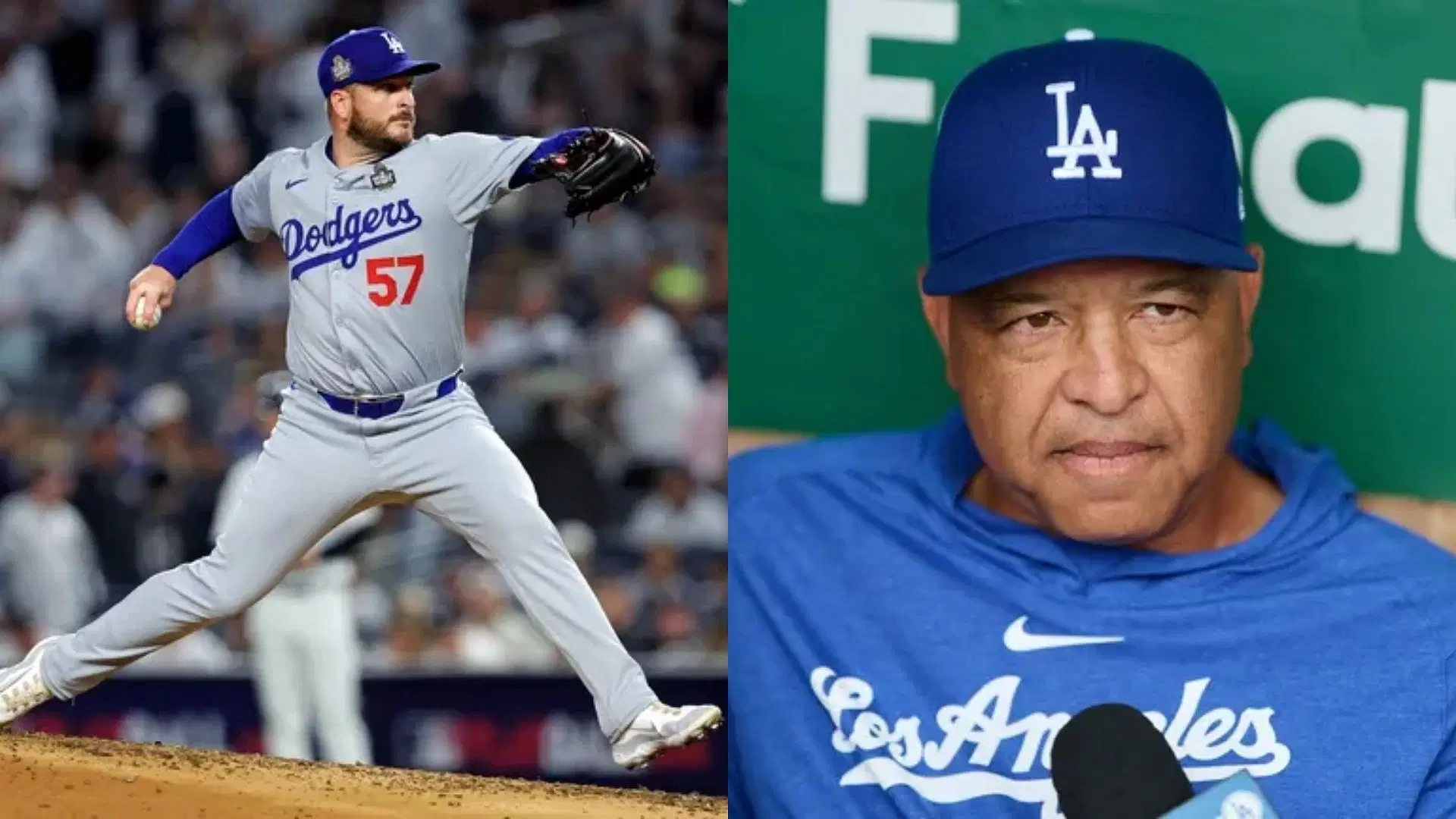I Wish Every Team Would Refuse to Help LA Unload Payroll
Baseball is a game of skill, strategy, and, as many fans would argue, financial maneuvering. Over the years, the Los Angeles Dodgers have become a hallmark of financial clout, leveraging their resources to build formidable rosters and sustain a competitive edge. But as the team scouts for opportunities to offload contracts, like that of reliever Ryan Brasier, who is owed $4.5 million this season, the growing sentiment among fans is clear: enough is enough.
Why should other teams help the Dodgers clear payroll, enabling them to chase yet another shiny free-agent acquisition or blockbuster trade? The league’s competitive balance hinges on the very teams standing firm against becoming accomplices in LA’s financial gymnastics.
The Dodgers’ Financial Dominance
The Dodgers’ payroll philosophy is no secret. With a massive market, lucrative television contracts, and one of the highest payrolls in Major League Baseball (MLB), they’ve consistently exploited their financial muscle. This approach has allowed them to acquire top-tier talent while maintaining a seemingly endless pool of prospects to sweeten deals.
Year after year, Los Angeles has walked the fine line between spending big and maintaining flexibility. Whether it’s signing marquee free agents or absorbing hefty contracts in trades, they have created a system that allows them to outspend most competitors without blinking. Even when they surpass luxury tax thresholds, their willingness to pay the penalties underscores just how deep their pockets are.
However, this dominance often comes with a catch: occasionally, they’re forced to shed salaries to stay under budget caps or maintain flexibility for future pursuits. Enter players like Ryan Brasier, whose performances have fluctuated but whose contracts have become expendable. Brasier’s $4.5 million obligation is small by LA’s standards but might weigh heavier on another franchise’s books.
The Danger of Helping Giants Stay Giants
The fundamental issue here isn’t about Ryan Brasier’s talent or his market value. It’s about enabling an already dominant organization to strengthen itself further. By agreeing to take on contracts the Dodgers deem unnecessary, smaller-market teams inadvertently weaken their own competitive positions.
Consider the domino effect. If a team takes on Brasier’s salary or similar burdens, the Dodgers could free up resources to chase another high-profile free agent or facilitate a trade for a generational talent. This cycle repeats, pushing Los Angeles further ahead in the league hierarchy.
Teams that assist the Dodgers in these transactions may justify their decisions with short-term gains. Perhaps they receive a promising prospect as part of the deal. But in the grand scheme, such trades often serve to widen the competitive gap, reinforcing the very disparity that plagues smaller markets.
The Fans’ Perspective: “Let Them Struggle”
Fans have grown increasingly vocal about their frustrations. In a league where financial disparity is a recurring theme, the idea of aiding one of the richest franchises doesn’t sit well with many. Social media buzzes with comments like, “Why help the Dodgers? Let them deal with their own mess,” or “They built their roster; they can figure it out.”
This sentiment reflects a deeper frustration with MLB’s perceived lack of parity. Unlike the NFL or NBA, where salary caps are more stringent and revenue-sharing models more balanced, MLB allows for significant financial discrepancies between teams. The Dodgers’ ability to spend their way out of trouble only exacerbates this divide.
The Need for Resistance
For baseball to thrive as a competitive league, teams need to resist the temptation to aid financial juggernauts like the Dodgers. This resistance isn’t just about one trade or one player; it’s about sending a message that competitive balance matters.
When a small-market team agrees to take on a contract like Brasier’s, it’s not just a financial decision—it’s a philosophical one. It’s a choice to either support the status quo or push back against it. Every refusal to engage in such deals chips away at the dominance of the wealthiest teams, forcing them to find other ways to navigate their financial predicaments.
What’s at Stake
If teams collectively stood firm and refused to aid LA in shedding payroll, the implications could be significant:
- Financial Accountability: The Dodgers, and teams like them, would have to own their financial decisions without relying on others to bail them out. This could lead to more strategic and prudent roster construction.
- Competitive Balance: Smaller-market teams would maintain a better chance of competing without having to contend with an opponent’s seemingly endless resources.
- League Integrity: Fans across the league would see a concerted effort to prioritize fairness over financial muscle, restoring faith in MLB’s commitment to a level playing field.
Counterarguments and the Reality of Baseball Economics
Of course, there are counterarguments. Teams may see trades involving unwanted contracts as opportunities to acquire prospects or fill immediate roster needs. For some organizations, taking on a $4.5 million contract in exchange for a promising young player might seem like a win.
However, this short-term gain must be weighed against the long-term implications. Helping the Dodgers today could mean facing an even stronger version of them tomorrow. The league’s competitive integrity should take precedence over fleeting benefits.
A Call to Action
As the Dodgers continue to scout for ways to offload contracts and scout potential reinforcements, it’s up to the rest of the league to decide whether to play along. Will they prioritize their own interests, or will they take the high road and refuse to bolster an already dominant franchise?
The choice is clear: for the sake of competitive balance, every team should refuse to help LA unload payroll. Let them navigate their own financial hurdles and prove that success in baseball isn’t just about the size of your wallet but the skill and strategy behind every decision.
In doing so, the league takes a step closer to a more balanced and compelling competition—one where every team, regardless of market size, has a fair shot at glory.



